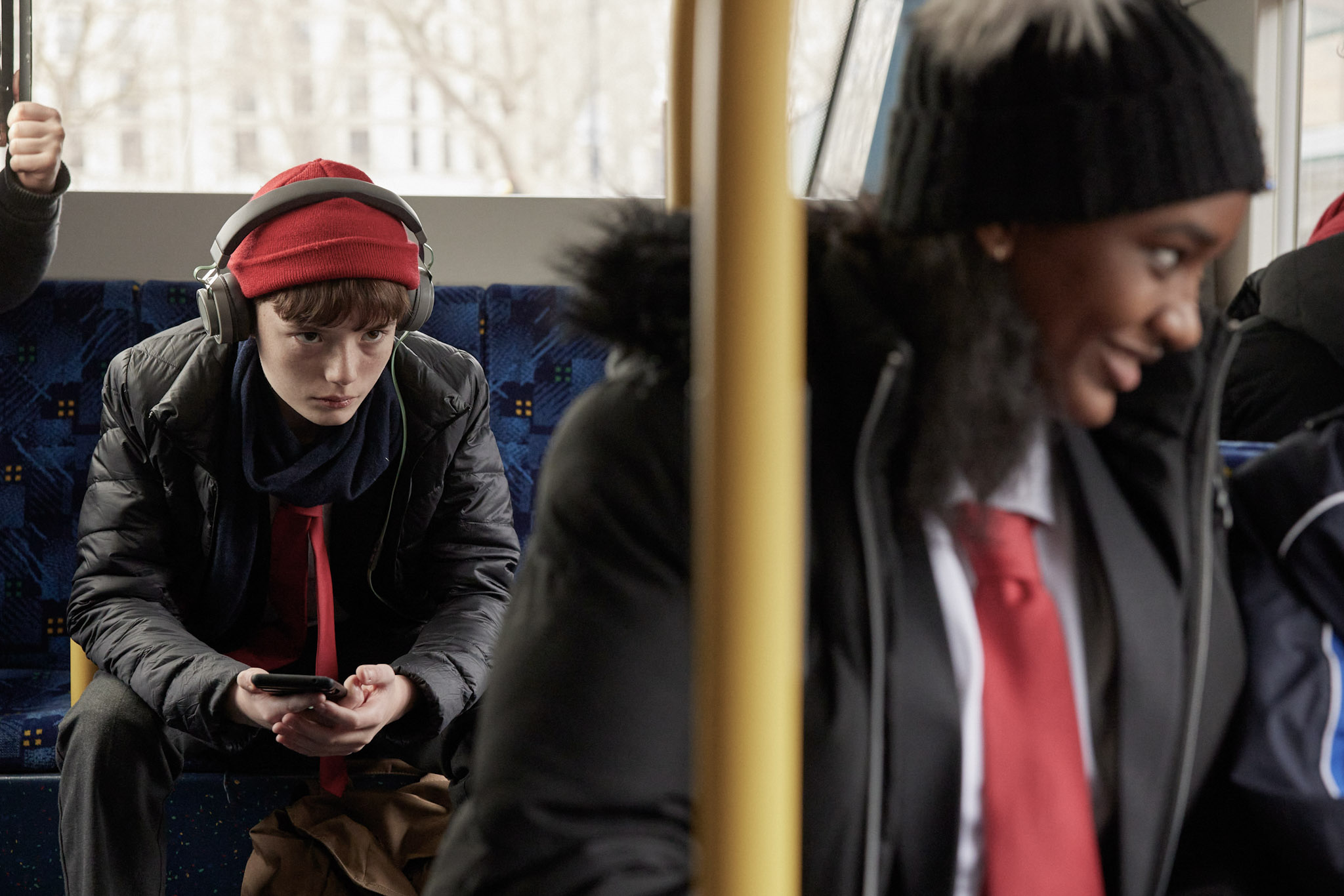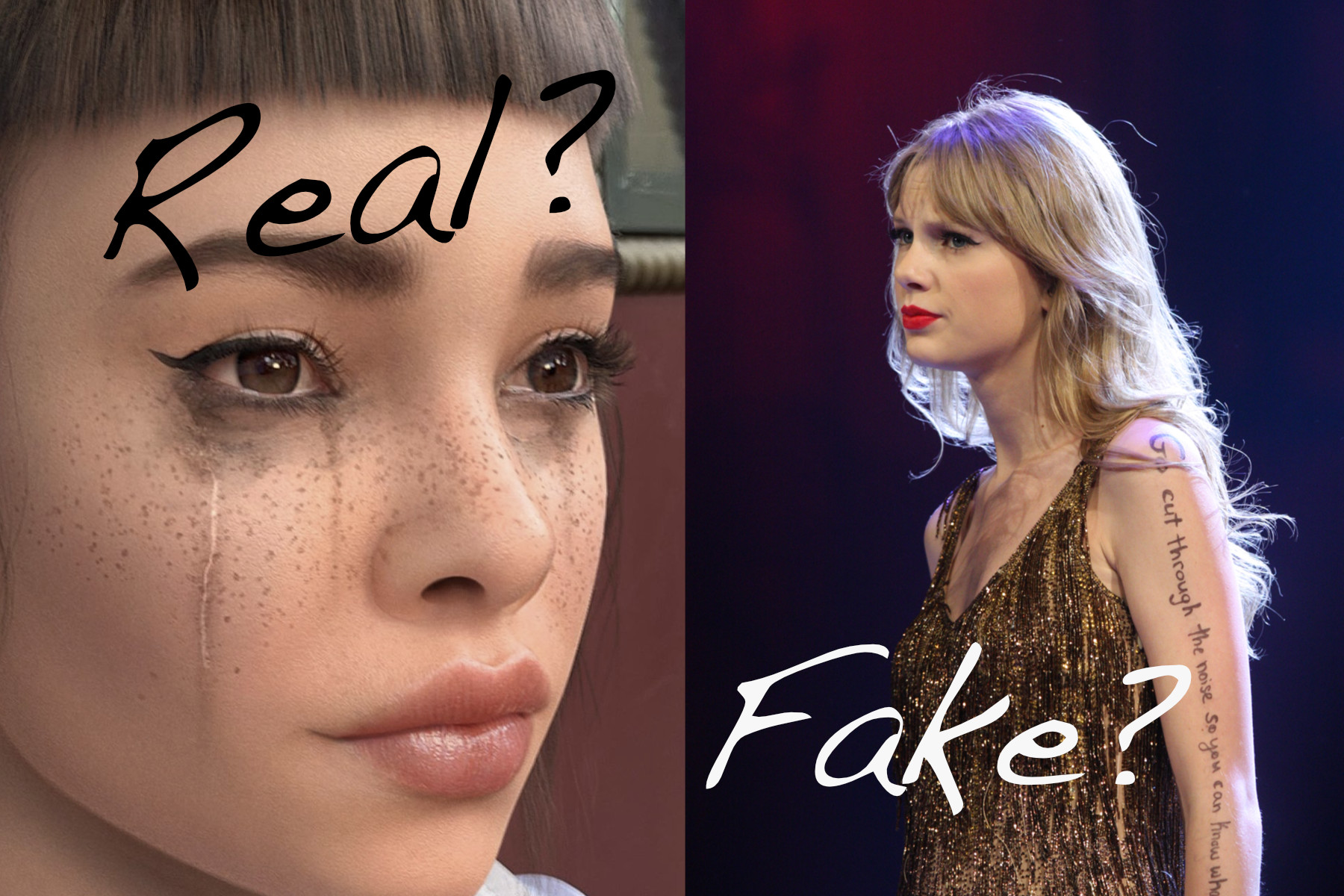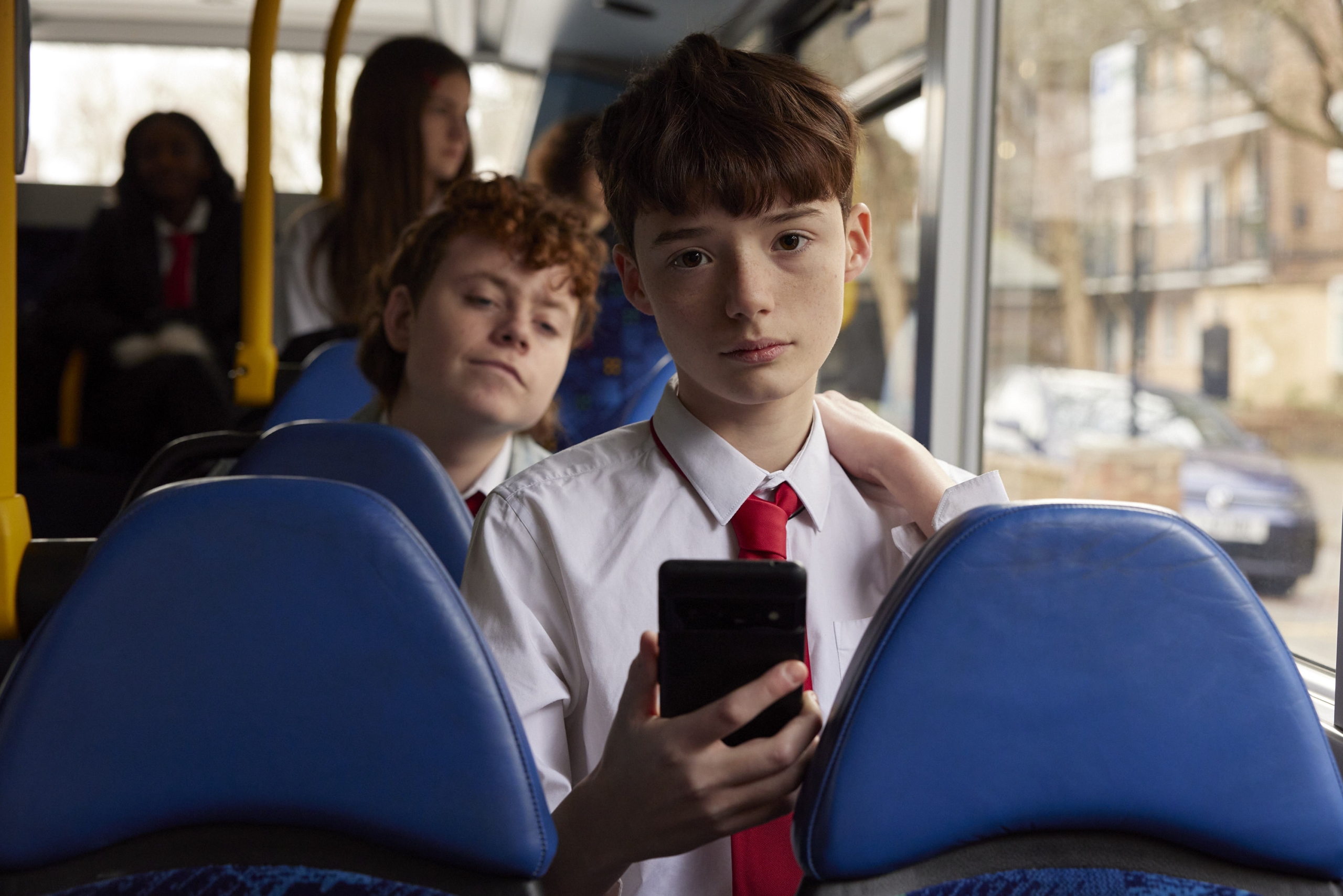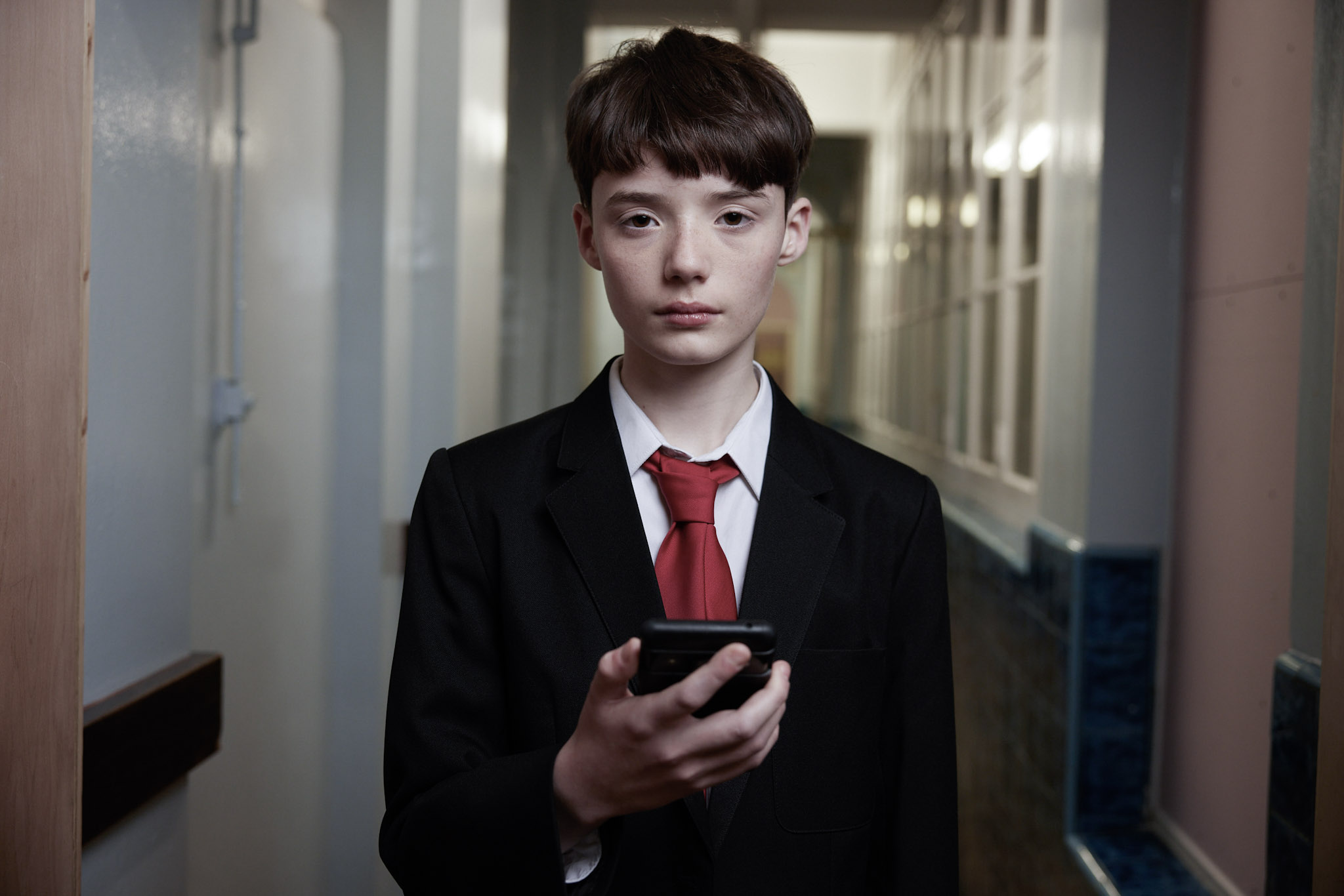Influencers and charities are tackling unrealistic standards of beauty head-on, as teenagers grapple with impossible expectations, often to the detriment of their mental health.
Blonde, blue-eyed and tanned, Danae Mercer looks picture-perfect while lounging against the backdrop of a sun-kissed vista in her Instagram Stories, tweeted photos and YouTube videos. But Danae is eager to show how easily this stereotypical vision of feminine physical beauty can be staged and manipulated on social media. So much so that she’s willing to put herself under the spotlight to do it.
In each of her posts, Danae shows side-by-side a ‘perfect’ shot of her body and then another franker shot revealing her stretch marks, wrinkles and crow’s feet. The difference between the two isn’t always the result of sophisticated Photoshopping or AI-powered filters and editing.
Deceptively simple sleights-of-hand, from adjusting her pose and the lighting to switching her smartphone’s camera to its ultra-wide lens (which can distort perspective), can be all that it takes to create an exaggerated, idealised version of herself.
https://twitter.com/DanaeMercer/status/1587519926163709952?s=20&t=475s0kuJkgt2biWlgh7vbg
“My goal is to pull back the curtain on all the filters and flattering poses in the hope that it might help women – especially teenage girls – feel a little more comfortable in their own skin,” said Danae.
Body of evidence
Unrealistic, unattainable standards of beauty are nothing new, but they’ve been given vigorous virality on social media. According to research commissioned by the Mental Health Foundation, 40% of surveyed teenagers said images on social media had caused them to worry about their body image.
Teaching your kids to question what they see online, on TV and in the papers
On Safer Internet Day, we give parents tips on how to protect kids against dodgy TikTok videos, Facebook conspiracy theories, fake news and unreliable social media influencers.
It’s an issue that affects girls and boys alike. While young women feel pressured to be thin yet somehow curvy at the same time, young men feel pressured to be tall and muscular, according to the Mental Health Foundation. This can then lead to a rise in risk-taking behaviours and mental health problems, from a desire to diet or take steroids to depressive symptoms and panic attacks.
Unrealistic body image expectations among teens can, of course, come from other sources. Traditional media and advertising, inconsiderate comments from friends and family, peer pressure and a limited choice of well-fitting clothes can all contribute to the problem.
Body positive
While influencers like Danae Mercer are meeting teens on their social media turf, there’s still a role for their parents, families and peers to play. The Mental Health Foundation encourages parents to be better role models and, rather than directly broaching the topic with their children, make themselves open to conversation when they feel able and willing.
Other people on social media are desperate to convince you that you aren’t enough: not exciting enough, not perfect enough, not pretty enough. But this is so untrue. You have always been enough
(Danae Mercer)
Youth charity Young Minds concurs. It runs courses and advises schools on how to talk to teens about their mental health. Young Minds encourages parents to take their teens on activities they enjoy, such as baking or playing sports.
In less stressful surroundings such as those, coupled with reassurance and a non-judgmental approach, teenagers may be more willing to acknowledge and/or work towards understanding:
- how they feel;
- the importance of looking after their health, more than how they look;
- accepting the way they look and not comparing it to what others look like;
- accepting that the most important thing about themselves isn’t their weight, body shape or size;
- embracing being body neutral if they can’t be body positive – this means accepting their body even if they aren’t 100% happy with it;
- focusing on things that make them feel powerful.
Social media on trial: Who's protecting our kids?
The Channel 4 drama I Am Ruth, starring Kate Winslet and her daughter Mia Threapleton, shone a light on the damage to teenagers' mental health an obsession with social media can wreak. We explore what more social media companies - and Government - should be doing to protect our children.
For schools, The Mental Health Foundation has a downloadable pack which classes and peer groups can use to talk about body image issues together.
Ultimately, the goal is for the teenager in your life to reject appearance-centric ideals and be more confident in themselves. Or as Danae Mercer puts it: “Other people on social media are desperate to convince you that you aren’t enough: not exciting enough, not perfect enough, not pretty enough.
“But this is so untrue. You have always been enough.”
Stay up-to-date with the latest news and features from Vodafone by following us on Twitter and signing up for News Centre website notifications.



![Portrait of school age boy sitting at kitchen table do not want to eat[Adobe Stock] stock photo of a young boy sitting at a kitchen table, refusing to eat the food in front of him](https://www.vodafone.co.uk/newscentre/app/uploads/2024/03/Portrait-of-school-age-boy-sitting-at-kitchen-table-do-not-want-to-eatAdobe-Stock.jpg)


![mother with daughter with smartphone in snowy weather [Adobe Stock] stock photo of a mother outside in snowy weather with her daughter while using a smartphone](https://www.vodafone.co.uk/newscentre/app/uploads/2024/02/mother-with-daughter-with-smartphone-in-snowy-weather-Adobe-Stock.jpg)



